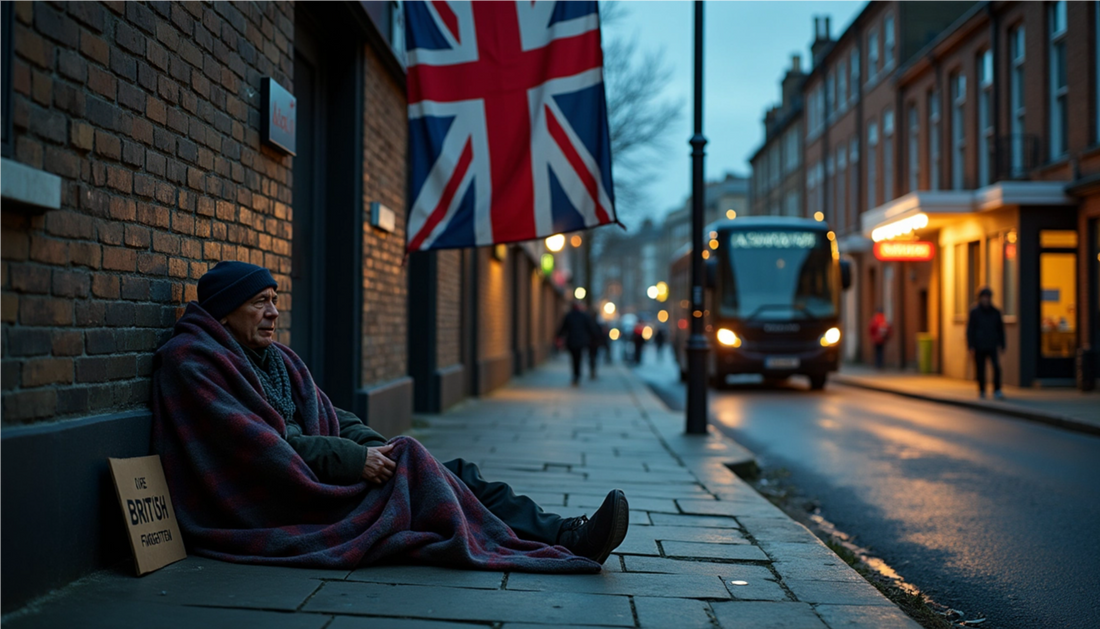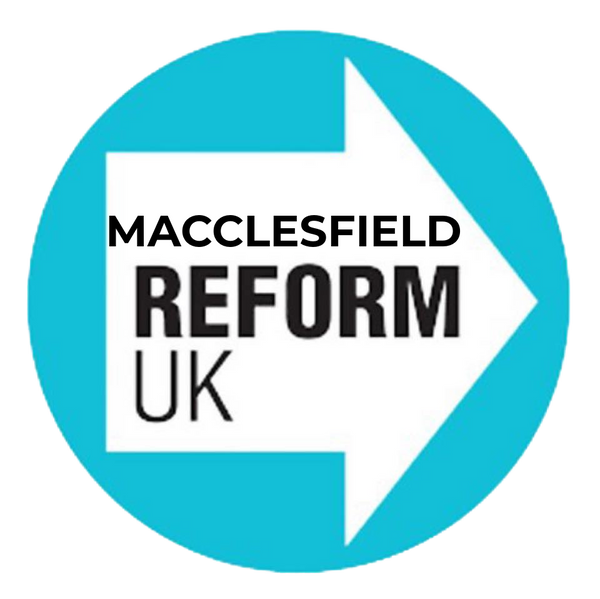
A Nation's First Duty Is to Its Own
Share
A Nation's First Duty Is to Its Own
Every night across Britain, thousands of our fellow citizens—including former servicemen, working-class families, young people, and the elderly—go without a roof over their heads. They sleep in doorways, in hostels, in temporary shelters, or worse: in fear, in cold, and in silence.
At the same time, the UK government is spending billions housing illegal economic migrants in hotels. These individuals receive meals, private rooms, 24-hour staffing, phones, clothing, and in some cases, trips and entertainment—all funded by the taxpayer. While support for genuine asylum seekers is a necessary and compassionate part of our democracy, the reality is that many of these arrivals are not fleeing immediate war or persecution. They have travelled through multiple safe countries to reach the UK, not out of desperation, but by choice—because they view this country as a land of opportunity, one with a generous benefits system, free legal aid, and long delays in processing that provide months or even years of state support.
Let me show you some truly eye-watering figures that should bring some context to the current treatment of an element of our society that desperately needs our help—and more importantly, how achievable that help could be. If it were determined that a parent had neglected their child in the way our government neglects the most vulnerable members of our society, there would be legal consequences. Yet when the State is the one failing, we collectively turn a blind eye.
The UK is spending over £2.9 billion per year housing illegal migrants, equating to around £8 million every single day. In September 2025 alone, over 3,000 new arrivals crossed the Channel illegally—the equivalent of ten hotels' worth of capacity in one month. Meanwhile, over 270,000 British citizens are homeless, including 15,000 who sleep rough every night. Local authorities are already spending £2.3 billion annually on emergency accommodation such as hostels, B&Bs, and night shelters. These are often unsuitable, overcrowded, and offer little hope of long-term recovery.
Now consider this: if we provided the same level of support to our homeless population as we currently offer to illegal migrants—with secure accommodation, access to essentials like phones and clothing, and some form of basic financial assistance—the initial cost would be £14.7 billion in the first year.
But here is the key point: this is not a cost that would spiral year after year. Homelessness is not a runaway number like illegal migration. It is not fed by new daily arrivals. If we invest properly, that number will fall.
With support, many of our homeless citizens will have the opportunity to move forward with their lives. They would gain addresses, open bank accounts, secure jobs, and leave temporary accommodation behind. Unlike illegal migrants, who cannot legally work and whose numbers grow with each new crossing, our homeless population will shrink with the right intervention. Even if only a fraction of that 270,000 gained employment and stability, the long-term cost to the public purse would fall. More citizens would become self-sufficient. More would contribute through taxes and community participation.
This isn't charity; it's investment.
We have a moral responsibility to help our own before we offer extended comfort to those who have entered this country illegally. Prioritising British citizens isn't xenophobic or cold-hearted—it's common sense. It's fair. It's necessary. This is not a call for cruelty toward those who genuinely need asylum. It is a call for balance, for sovereignty, and for justice for those who were born here, served here, and still call this country home.
If we are to be judged as a fair and compassionate nation, let us start by showing that compassion to our own.
Enough is enough. It is time to put Britain first—not as a slogan, but as a duty.
Author: Mark De Staedtler
- Reform UK Macclesfield Secretary
